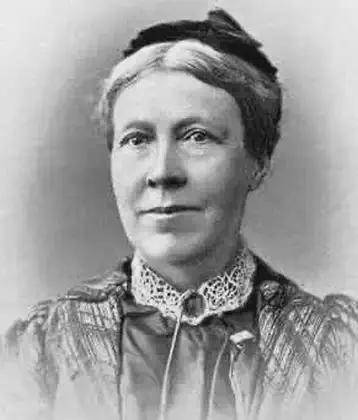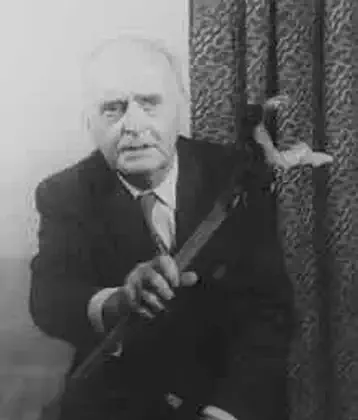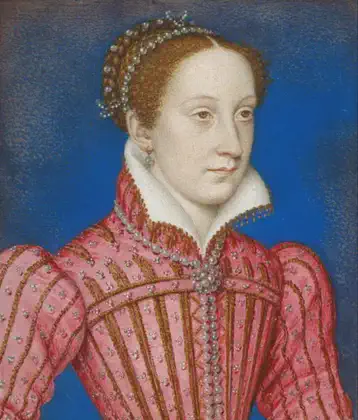On December 08, 1831 in Celtic History
James hoban, the kilkenny architect who designed the white house, died
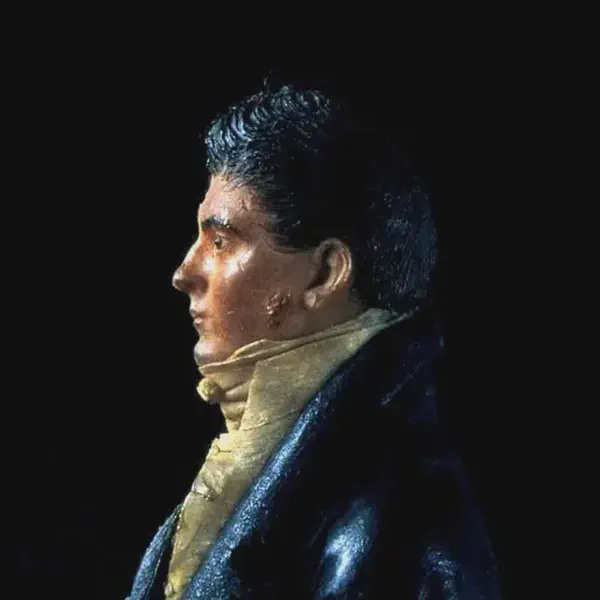
James Hoban (1755 – December 08, 1831) was an Irish-American architect, best known for designing the White House.
Born around 1755 in County Kilkenny, Ireland, he was a Roman Catholic raised on the Desart Court estate belonging to the Earl of Desart in County Kilkenny, Ireland.
He worked there as a wheelwright and carpenter until in 1779, when he was given an advanced student place in the Dublin Society’s Drawing School on Lower Grafton Street in Dublin and studied under Thomas Ivory. He excelled in his studies and received the prestigious Duke of Leinster’s medal from the Dublin Society in November 1780 for his drawing, Brackets, Stairs, and Roofs. Hoban was an apprentice to Ivory from 1779 until he left to go to America, likely in 1785.
Following the American Revolutionary War, Hoban emigrated to the United States, and established himself as an architect in Philadelphia in 1785.
Hoban arrived in South Carolina by April 1787, where he designed numerous buildings including the Charleston County Courthouse, which was built between 1790 and 1792 on the ruins of the former South Carolina Statehouse, which was built in 1753 and burned down in 1788.
President George Washington admired Hoban’s work on his Southern Tour. Washington met with Hoban in Charleston in May 1791, and summoned the architect to Philadelphia, then the nation’s capital, in June 1792.
Design Competition Winner
In July 1792, Hoban was named winner of the design competition for the White House. His initial design resembled the Charlestown Courthouse with a three-story facade and nine bays across. Under Washington’s influence, Hoban amended it to a two-story facade, 11 bays across, and, at Washington’s insistence, the whole presidential mansion was faced with stone. It is unclear whether any of Hoban’s surviving drawings are actually from the competition.
The construction of the White House began in 1792 and was largely completed by 1800. Over the years, the building underwent expansions and renovations.
DC City Council Member
After Washington, D.C. was granted limited home rule in 1802, Hoban served on the 12-member city council for most of the remainder of his life, except during the years he was rebuilding the White House
Death
Hoban died in Washington, D.C., on December 08, 1831. He was originally buried at Holmead’s Burying Ground, but was disinterred and reburied at Mount Olivet Cemetery in Washington, D.C. His son James Hoban Jr., said to closely resemble his father, served as U.S. attorney of the District of Columbia from 1845 to 1846.
More From This Day
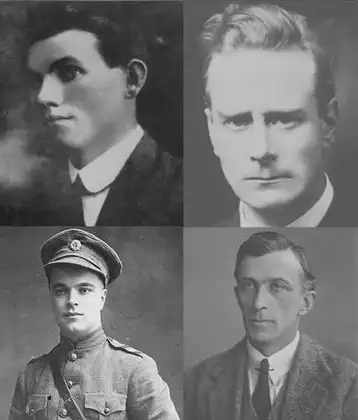
Four senior IRA men executed by the Provisional Government are executed without trial
December 08, 1939


